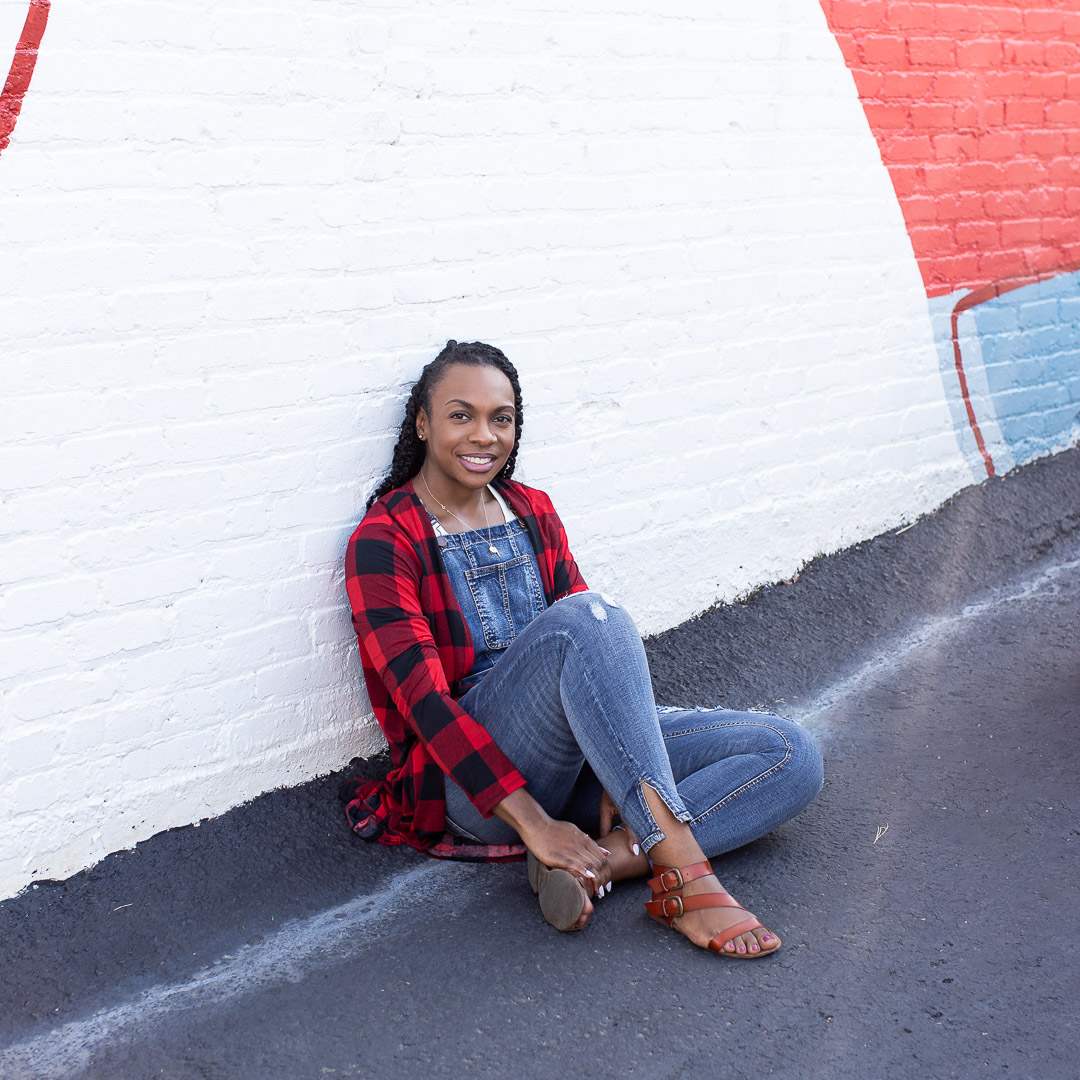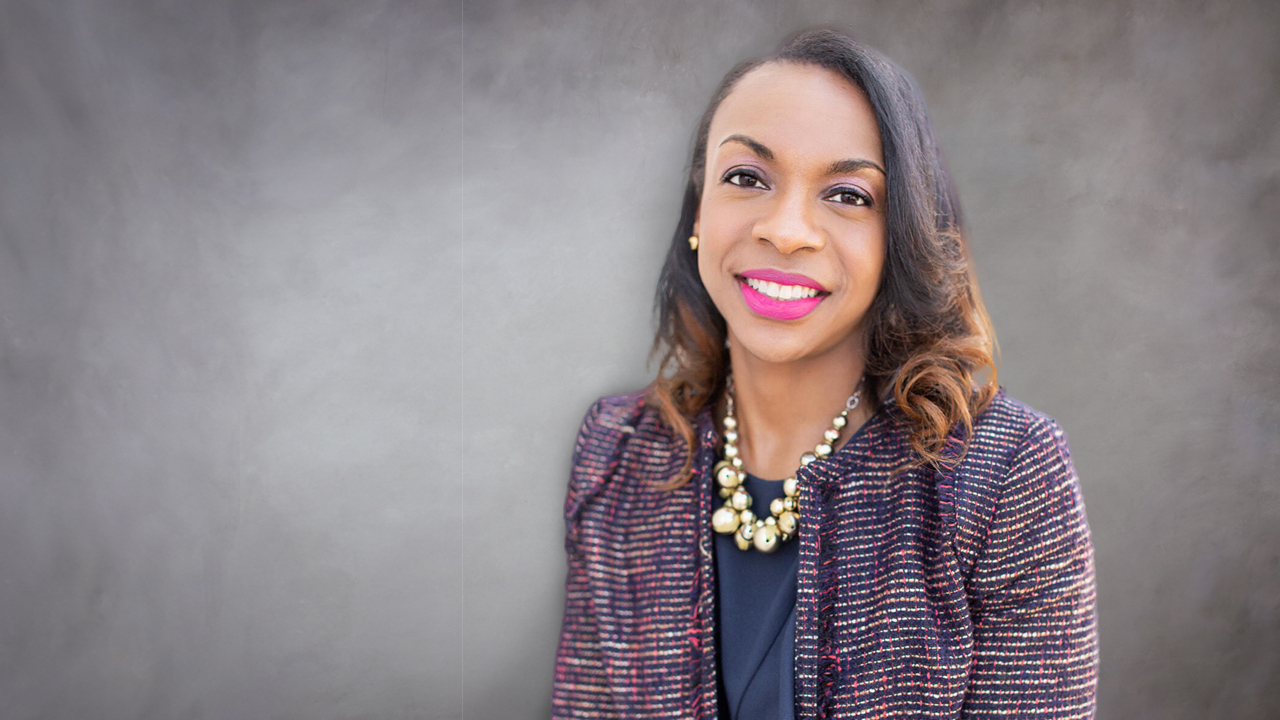Chemical engineering graduate sets example for future Black women in engineering
Published: Feb 8, 2021 8:05 AM
By Lauren Winton
“If I can see you, I can be you.” This is the example Rodmesia Clarke, '08 chemical engineering, hopes to set for future women in engineering, particularly women of color. While Clarke was the first in her family to attend college, she says her life was shaped by the hard-working women in her life.
“My mother was a single mom, and she raised me with a sense of hard work and dedication. She worked at International Paper, and I went to a number of their family events as a kid. It was what sparked my interest in engineering,” Clarke said.
Clarke graduated high school with the Gates Millennium Scholarship. She had funding and offers for a number of different universities, but her heart was set on Auburn. During her senior year in high school, she met Dennis W. Weatherby, the founder of the Minority Engineering Program, and he offered her a tuition scholarship as a freshman.
“When I started as a freshman, I joined the Minority Engineering Program (MEP). Getting to know people and making friends on campus was easy, thanks to MEP,” Clarke said.

As a student, Clarke was also an Engineering Cupola Ambassador and a member of Delta Sigma Theta Sorority Inc. Her chemical engineering studies meant she spent a lot of time at Ross Hall, working with other students in her program.
“Auburn is a magical place. It has a unique aura and ambiance,” Clarke said. “It’s hard to find a university experience like Auburn that has such an extraordinary engineering program.”
Clarke co-oped for British Petroleum (BP) in Decatur and joined BP full time after graduation. Early in her career with BP, she went offshore.
“Living offshore is really like camping in the middle of the ocean, that’s the best way that I can describe it,” Clarke said. “You’re out there for several weeks with anywhere from seven to 200 or more people. Often, I was the only female, and usually I was the only female of color.”
As Clarke’s career transitioned from offshore to the corporate meeting offices, one thing remained the same.
“Even in leadership meetings, I am usually the youngest and often one of the only Black women in the room,” Clarke said. “There are typically more people who don’t look like me than who do.”
That lack of representation in her career field has inspired Clarke to make changes in engineering. She has been extremely active in Auburn Engineering’s recruiting and retention efforts. Clarke serves as the lead for Auburn Alumni Association’s Young Alumni Engagement Committee, she is a long-time member of Engineering’s 100+ Women Strong and a dedicated alumna of the Engineering Academic Excellence Program (formerly known as MEP).
“Women are told a lot what they cannot do. They are often taught to be docile, to not take up as much room as their male counterparts,” Clarke said. “For me, exposure shapes reality. I survived my chemical engineering education through the help of my good friends, both men and women. I want to help create that environment and be that example for others.”
In addition to her involvement, Clarke also established the Lula Pearl Collins Endowed Scholarship, named in honor of her grandmother.
“My grandmother was always there to support and help raise me. She passed away in 2013, and before she passed away, she said she was proud to see me receive my diploma, walking down the aisle to my degree, twice,” Clarke said. “She said seeing me graduate was enough for her. She had a huge impact on me, and she was an inspiration.”
Lula Pearl Collins was one of the first, few Black female laboratory technicians to work at Scott Paper in Mobile.
“She always told me, ‘Don’t apologize for your success or any challenges you’ve overcome,’” Clarke said. “She was such a strong spiritual leader, and she had the warmest heart. I want to create a legacy that would make her proud.”
Clarke is certainly doing that. Through her involvement with both Auburn University and Auburn Engineering, as well as her generosity through scholarships, Clarke has set an inspiring example for others.
Through her example and involvement, future Black female engineers can see Clarke. And if they can see her, they can be her.

Rodmesia Clarke

